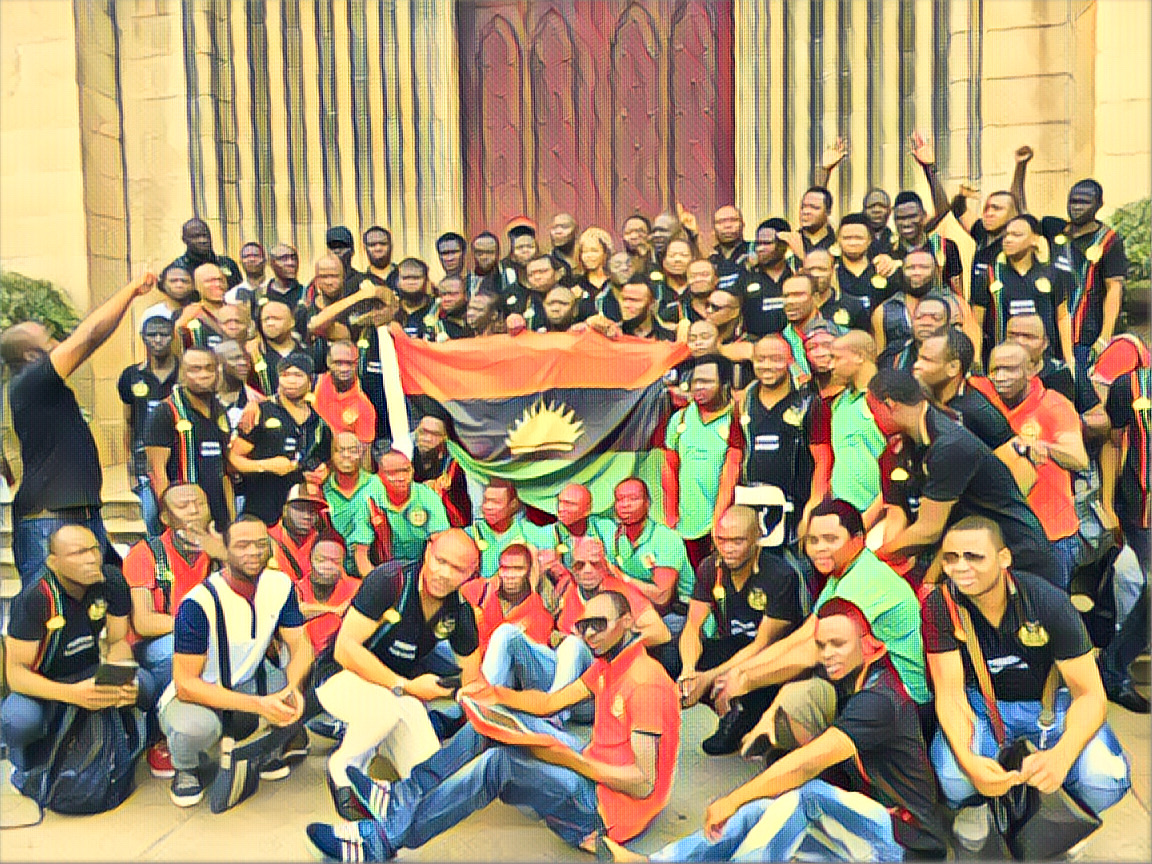ENUGU, Nigeria – In a landmark ruling, the Enugu High Court, led by Justice Anthony Onovo, overturned the designation of the Indigenous People of Biafra (IPOB) as a terrorist organization, a label imposed by the Federal Government and South East governors in 2017.
This pivotal judgment reaffirms the group’s legal status, emphasizing that seeking self-determination does not equate to terrorism. The decision underscores a significant shift in the case involving IPOB leader Nnamdi Kanu, who faced arrest and detention under the terrorism charges.
Kanu’s legal battle began earlier this year when his counsel, Aloy Ejimakor, petitioned for the revocation of the terrorist classification, arguing that IPOB operates as a lawful entity with rights to freedom of association. The plea also entailed the removal of the terrorist label in compliance with the African Charter and Nigeria’s 1999 Constitution, coupled with a halt in the government’s criminal proceedings against Kanu.
According to a report by The Guardian, Justice Onovo’s verdict acknowledged the binding nature of the African Charter on Nigerian legal matters. He stated that the actions leading to IPOB’s proscription and Kanu’s subsequent prosecution violated constitutional laws, deeming them illegal and unconstitutional.
In redressing these violations, the court mandated official apologies published in three national newspapers and awarded N8 billion in damages to Kanu, acknowledging the profound impact on his fundamental rights.
Ejimakor lauded the judiciary’s role in upholding justice, saying, “This victory, awaited since 2017, restores faith in the judiciary, safeguarding countless lives.”
The ruling marks a critical turn in Nigeria’s approach to handling separatist movements, potentially influencing broader governance and human rights observance standards.


